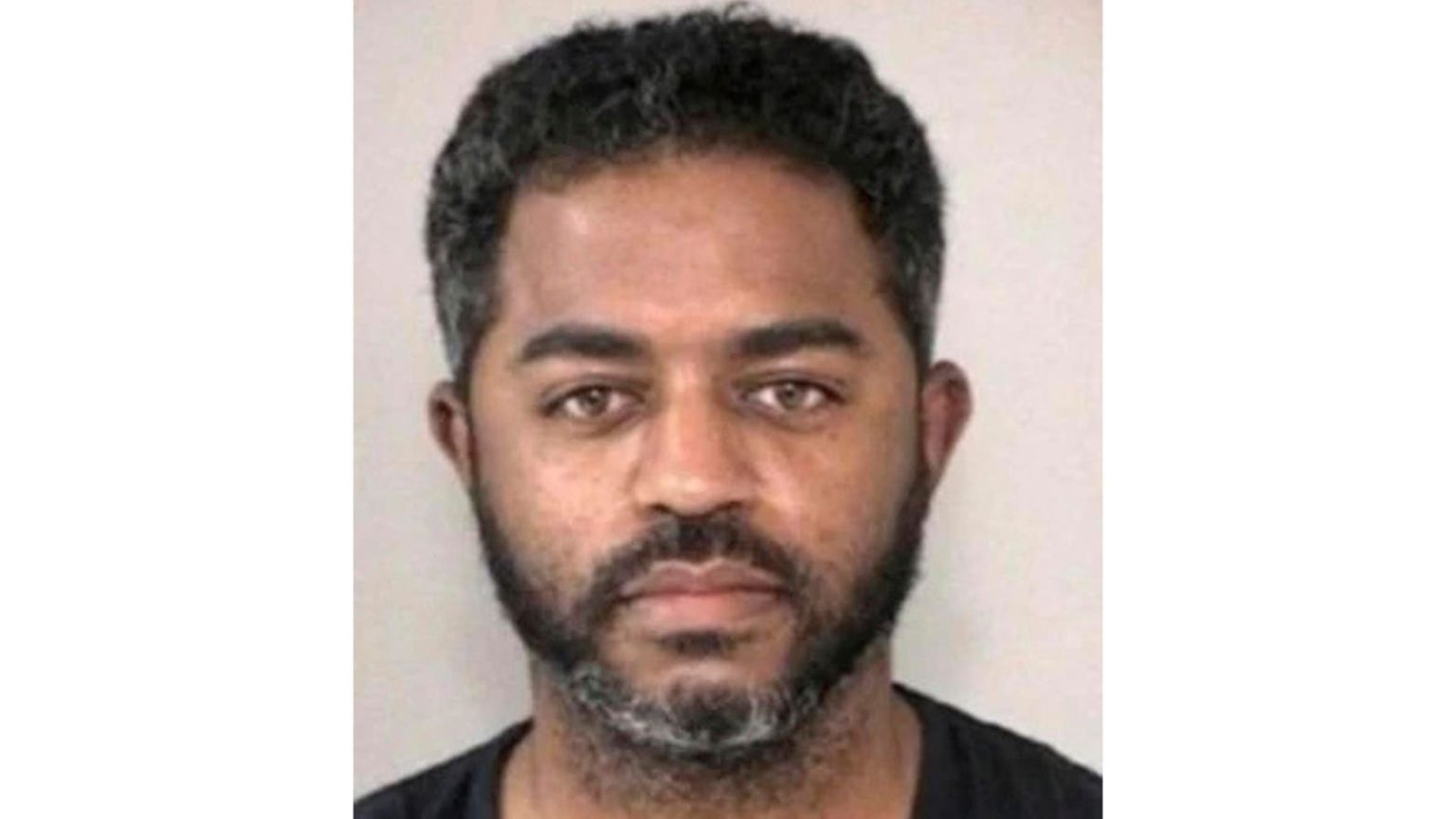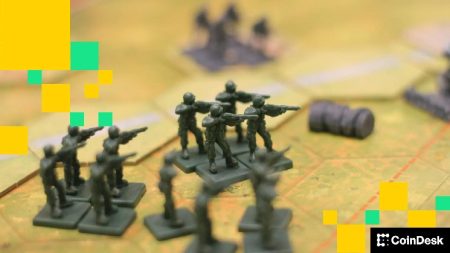New Orleans Ramming Attack: ISIS-Inspired Terrorism Claims 14 Lives on New Year’s Day
A horrific act of terrorism unfolded in the heart of New Orleans’ historic French Quarter in the early hours of New Year’s Day, leaving 14 people dead and dozens injured. Shamsud-Din Jabbar, a 42-year-old U.S. citizen, plowed a rented U-Haul truck into a crowd of revelers on Bourbon Street, a popular tourist destination bustling with New Year’s celebrations and visitors in town for the Sugar Bowl. The FBI, spearheading the investigation, has classified the attack as an act of terrorism inspired by ISIS, revealing the discovery of an ISIS flag on the vehicle’s trailer hitch and online pronouncements of allegiance by the perpetrator.
The unfolding investigation paints a complex portrait of the attacker, a Texas native with a history of military service, shifting personal relationships, and apparent financial struggles. Jabbar served in the U.S. Army for eight years, including a deployment to Afghanistan, before joining the Army Reserve until 2020. He received an honorable discharge and later pursued a degree in business administration. However, his life seemed to take a turbulent turn, marked by multiple marriages and divorces, financial difficulties, and a recent embrace of extremist ideology.
Jabbar’s path to radicalization remains a central focus of the FBI’s inquiry. Investigators are meticulously piecing together his movements in the months leading up to the attack, including two prior visits to New Orleans in late 2023. During one of these trips, Jabbar used smart glasses to record himself cycling on Bourbon Street, a detail that adds a chilling layer of premeditation to the tragedy. Additionally, the FBI is scrutinizing a trip Jabbar took to Egypt and Canada in mid-2023, seeking to uncover any potential connections to terrorist networks or individuals who may have influenced his radicalization.
Hours before the attack, Jabbar posted videos on Facebook claiming affiliation with ISIS and outlining his initial intention to target his family before shifting his focus to a broader attack aimed at highlighting a "war" between believers and non-believers. While initially suspecting potential accomplices, the FBI now believes Jabbar acted alone in carrying out the attack. The discovery of weapons and a potential improvised explosive device within the truck, along with other suspected explosive devices recovered in the French Quarter, underscores the planned and potentially more devastating nature of the attack.
The sudden shift from a seemingly ordinary life to a violent act of terrorism has left Jabbar’s family and friends stunned and bewildered. His younger brother expressed shock and disbelief, describing Jabbar as a “sweetheart” and emphasizing that his actions do not represent the Islamic faith. Childhood friends echoed these sentiments, recalling him as quiet and reserved, and noting his recent, yet seemingly non-violent, embrace of religion. A neighbor described Jabbar as unassuming, with no outward signs of radicalization, and recalled him mentioning a move to New Orleans for work just a day before the attack.
The New Orleans community, still reeling from the shock and grief of the attack, is grappling with the aftermath of this senseless violence. The vibrant energy of the French Quarter was replaced by a scene of carnage and chaos in the early hours of New Year’s Day. The annual Sugar Bowl, a major sporting event, was postponed in the wake of the tragedy. The attack serves as a stark reminder of the insidious nature of terrorism and the challenges in identifying and preventing individuals from embracing extremist ideologies. The FBI continues its investigation, seeking to fully unravel the motivations and circumstances surrounding this act of terror and to ensure the safety and security of the community.
Further Details of the Attack and Investigation:
The attack unfolded at approximately 3:15 a.m. on New Year’s Day when Jabbar drove the rented U-Haul truck into the crowd on Bourbon Street. Upon exiting the vehicle, he engaged in a firefight with responding police officers, injuring two before being fatally shot by police. The truck contained weapons and a potential improvised explosive device, and additional suspected explosives were found in the French Quarter, raising concerns about the broader scope of the planned attack.
Jabbar’s Background and Personal Life:
Born in Beaumont, Texas, Jabbar graduated from Central High School in 2001. He enlisted in the Navy in 2004 but was discharged a month later. He later joined the Army, serving on active duty from 2007 to 2015 and in the Reserves until 2020, reaching the rank of staff sergeant. He reportedly worked in information technology and human resources, and was deployed to Afghanistan for about a year in 2009. After leaving active duty, he earned a bachelor’s degree in business administration from Georgia State University in 2017.
Jabbar was married and divorced three times and had at least three children. He worked in real estate and later for Deloitte, an accounting firm. Court records indicate he faced financial difficulties, including late mortgage payments, credit card debt, and business losses.
Reactions from Family and Friends:
Jabbar’s family and friends expressed shock and disbelief at his actions. They described him as intelligent, caring, and quiet. His younger brother emphasized that Jabbar’s actions did not reflect the Islamic faith, suggesting radicalization as a possible explanation. A childhood friend recalled Jabbar’s increasing passion for his faith but never any indication of violent tendencies.
Ongoing Investigation and Significance:
The FBI’s investigation remains active, with agents seeking to determine Jabbar’s potential associations with terrorist organizations and to fully understand the extent of his radicalization. The attack has raised concerns about the vulnerability of public spaces to acts of terrorism and the need for continued vigilance in preventing and responding to such threats. The incident underscores the complex and often unpredictable nature of radicalization and the challenges in identifying individuals who may pose a danger. The tragedy serves as a somber reminder of the ongoing threat of terrorism and the importance of community resilience in the face of such horrific events.













